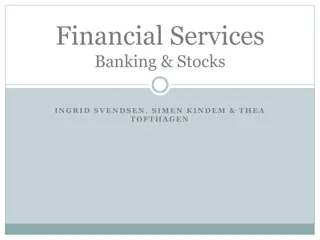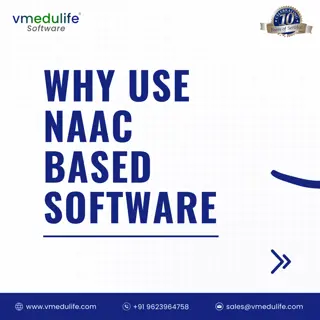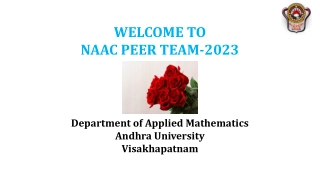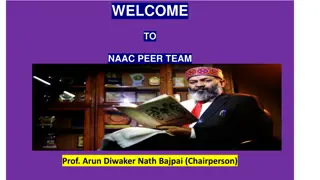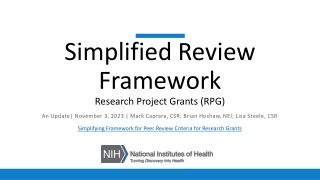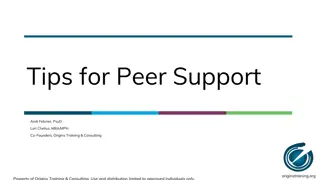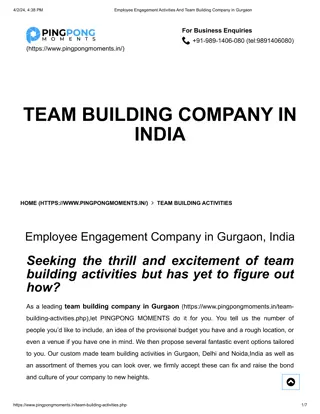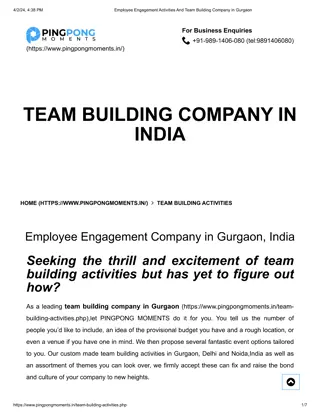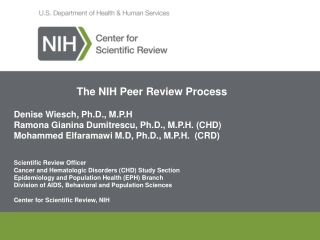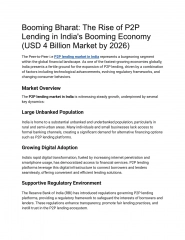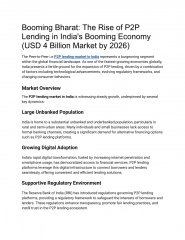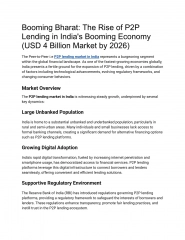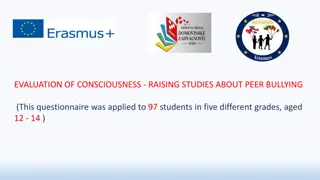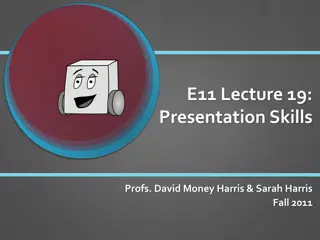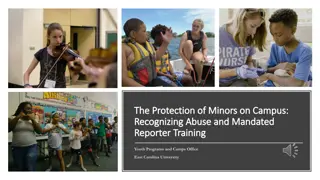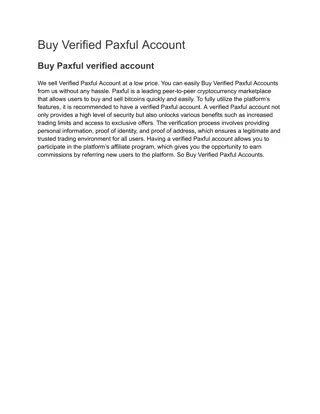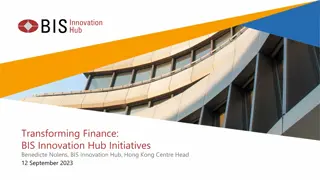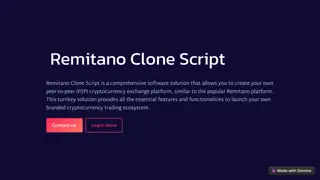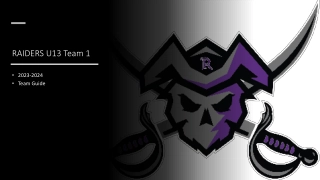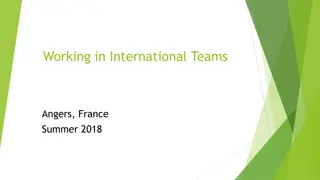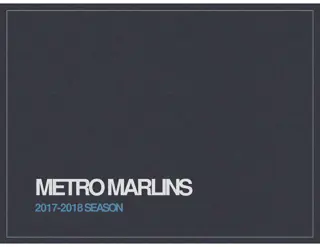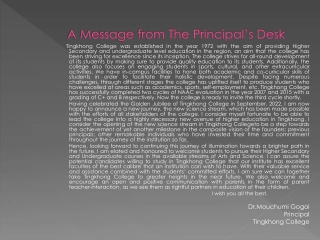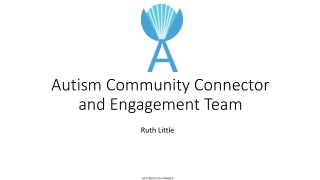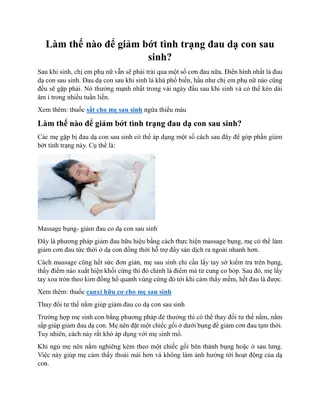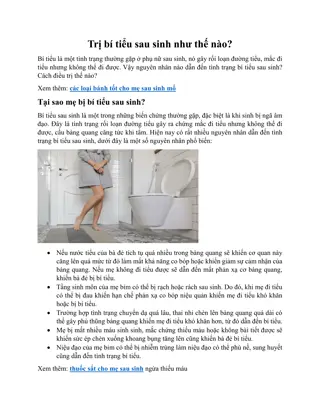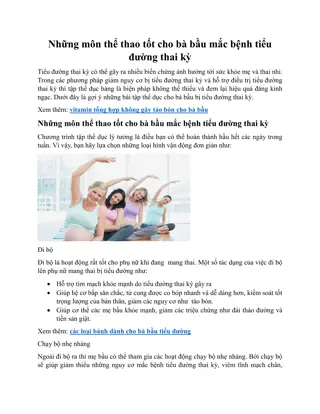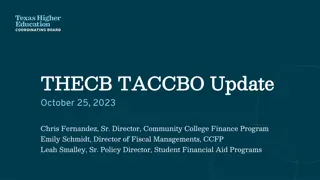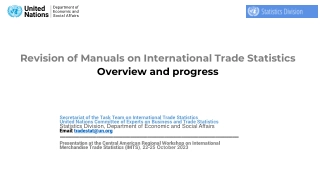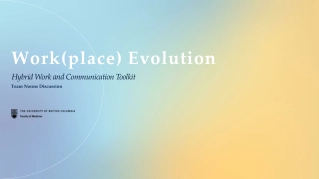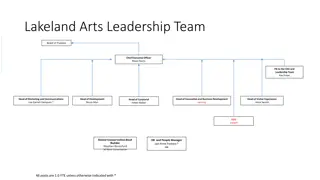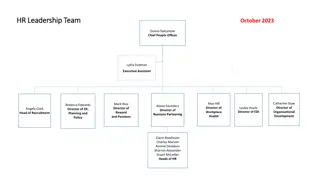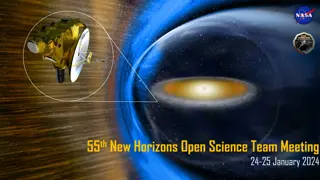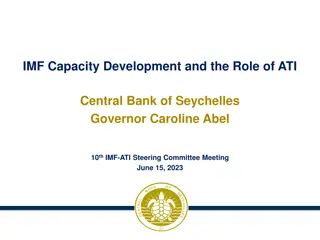HEARTY WELCOME TO THE NAAC PEER TEAM
The Department of Engineering Chemistry at Andhra University has a rich history dating back to 1963. With a strong focus on teaching, research, and innovation, the department aims to advance knowledge in chemical sciences for the betterment of human life. Through quality objectives and a commitment to excellence, Andhra University strives to create globally-focused professionals and establish synergic relationships with industry and society. The department has a track record of completing major research projects and producing a significant number of PhDs and publications. Student enrollment and diversity continue to be essential aspects of the department's success.
HEARTY WELCOME TO THE NAAC PEER TEAM
PowerPoint presentation about 'HEARTY WELCOME TO THE NAAC PEER TEAM'. This presentation describes the topic on The Department of Engineering Chemistry at Andhra University has a rich history dating back to 1963. With a strong focus on teaching, research, and innovation, the department aims to advance knowledge in chemical sciences for the betterment of human life. Through quality objectives and a commitment to excellence, Andhra University strives to create globally-focused professionals and establish synergic relationships with industry and society. The department has a track record of completing major research projects and producing a significant number of PhDs and publications. Student enrollment and diversity continue to be essential aspects of the department's success.. Download this presentation absolutely free.
Presentation Transcript
HEARTY WELCOME TO THE NAAC PEER TEAM Department of Engineering Chemistry Andhra University
OVER VIEW o Vision & Mission o Department Profile/History/Achievement o Curricular Aspects o Teaching & learning o Research, Innovation and Extensions o Students support and Progression o Infrastructure and learning resources o Governance, leadership and Management o Institutional values and best practices o Progressive Plan
VISION AND MISSION OF THE DEPARTMENT VISION: To explore and advance in Frontiers of Knowledge in Chemical Sciences for the betterment of human life MISSION: To develop and apply the knowledge in chemical sciences, materials, environmental sciences, medicines and energy through teaching, research, innovation, collaboration and excellence
QUALITY OBJECTIVES Andhra University is committed to achieving excellence in teaching, research and consultancy: By imparting globally focussed education By creating world class professionals By establishing Synergic relationships with industry and society By developing state of art infrastructure and well endowed faculty By imparting knowledge through team work and incessant efforts
ENGINEERING CHEMISTRY DEPARTMENT CELEBRATING 60 YEARS (1963-2023) STARTED AS A CHEMISTRY SECTION IN 1963 PHD PROGRAMS COMMENCED FROM ELEVATED AS A DEPARTMENT IN SUBJECTS HANDLING FOR B.TECH. FIRST YEAR GREEN CHEMISTRY THEORY GREEN CHEMISTRY LAB A TWO YEAR M.SC. APPLIED CHEMISTRY PROGRAM WAS STARTED IN 1975 1979 1986
DEPARTMENT PROFILE CONTD NO. OF MAJOR RESEARCH PROJECTS COMPLETED NO. OF MINOR RESEARCH PROJECTS COMPLETED 4 2
NO. OF PHDS PRODUCED NO. OF M.PHILS PRODUCED NO. OF PAPERS PUBLISHED 190 ~60 ~500
STUDENT ENROLMENT & DIVERSITY 14 2017-18 2018-19 12 10 2019-20 2020-21 8 6 2021-22 2022-23 4 2 0
STUDENT-FACULTY RATIO STUDENT -FACULTY RATIO 4.13 3.88 4.50 3.57 3.33 4.00 3.33 3.50 2.75 3.00 2.50 2.00 1.50 1.00 0.50 0.00 2017-18 2018-19 2019-20 2020-21 2021-22 2022-23
CATERING TO STUDENT DIVERSITY The actual stratification of students into slow, and advanced learners is based on their performance in the internal examinations and a continuous follow-up taken up thereafter till the course completion by the concerted efforts of teaching faculty, individual mentors and Head of the department.
PROGRAMS FOR ADVANCED LEARNERS Bright and diligent students are motivated and inspired to get university ranks. Semester toppers and university rank holders are honoured with certificates and cash prizes. Encouraging to participate in various symposiums like quiz, poster presentation, Conferences, inter institution competition etc. Guiding the students for NET/AP SLET/Competitive Examinations. Guiding and encouraging to publish/present research papers in conferences/Journals Training programs for gaining advanced technical knowledge. Guiding for career planning, Student Project/ Entrepreneurship skills.
PROGRAMS FOR SLOW LEARNERS Remedial classes conducted for Slow Learners. Special Coaching class and Counseling is given to slow learners. Previous year Question papers and Question Banks for all subjects are circulated among slow learners. Students are given repeated practice on important questions.
TEACHING LEARNING PROCESS Student centric methods Participative Learning Industry Interaction and Guest Lectures Experiential Learning Hands on Training in the Laboratories Internship Assignments
Faculty Centric Methods ICT enabled tools including online resources for effective teaching and learning process Conventional Lecture Methods Use of Power point presentations Use of Smart Boards Project Guidance Seminar Guidance
M.Sc. Applied Chemistry PEOs PROGRAM EDUCATIONAL OUTCOMES (PEOs) PEO 1: The proficiency in the principles of basic and engineering sciences along with planning, analysis, design and execution of the chemical knowledge. PEO 2: An ability to apply knowledge in chemistry for assessing the needs of the society for sustainable development and establishing positive chemical industry practices. PEO 3: An attitude towards disseminating the knowledge acquired, continued learning, professional development and team spirit and promoting awareness of environmental concerns. PEO 4: The professional ethics and social responsibilities through participatory approach Programme Outcomes (POs) after completion of the master s degree, the graduate will acquire the abilities in the execution of chemical industry projects.
PROGRAM OUTCOMES (POs) PO 1:Engineering Knowledge: Apply the knowledge of basic sciences and engineering fundamentals to solve engineering problems. PO 2:Problem Analysis: Analyze the complex engineering problems and give solutions related to chemical & allied industries. PO 3:Design/ development of solutions: Identify the chemical industrial problems, design and formulate solutions to solve both industrial & social related problems. PO 4:Conduct investigations of complex problems: Design & conduct experiments, analyze and interpret the resulting data to solve Chemical Industrial problems. PO 5:Modern tool usage: Apply appropriate techniques, resources and modern engineering & IT tools for the design, modelling, simulation and analysis studies. PO 6:The engineer and society: Assess societal, health, safety, legal and cultural issues and their consequent responsibilities relevant to professional engineering practice. PO 7:Environment and sustainability: Understand the relationship between society, environment and work towards sustainable development. PO 8:Ethics: Understand their professional and ethical responsibility and enhance their commitment towards best chemical analysis practices. PO 9:Individual and team work: Function effectively as a member or a leader in diverse teams, and be competent to carry out multidisciplinary tasks. PO 10:Communication: Communicate effectively in both verbal & non-verbal and able to comprehend & write effective reports. PO 11:Project management and finance: Understand the science, engineering and management principles to manage the multidisciplinary projects in whatsoever position they are employed. PO 12:Life-long learning: Recognize the need of self-education and life-long learning process in order to keep abreast with the on-going developments in the field of chemical and pharmaceutical industries.
PROGRAM SPECIFIC OUTCOMES (PSOs) The students who complete the M.Sc. Applied Chemistry course shall: PS O1: Have strong foundation in the fundamentals and applications of chemical knowledge and understanding PS O2: Have the abilities to think critically, logically and analytically and solve problem in the area of chemical sciences, materials, environmental aspects, medicines and energy PS O3: Have the abilities to carry out chemical experiments, record and analyze the results and design advanced models PS O4: Have the abilities to use modern library and information retrieving tools to obtain information and assimilate to generate concepts and apply them in challenging situations PS O5: Have the abilities to effectively communicate their knowledge and skills to other chemists and non-chemists in oral or written formats PS O6: Secure suitable employment in the areas of chemical industries like pharmaceutical, steel and metals, polymers, fuels and nuclear, environmental and pollution control, nanotechnology and composite materials, teaching and research, etc. PS O7: Have the personal attributes and ethical sensibilities to enable them to function as effective scientists and citizens
Student Performance and Learning Outcomes In strict compliance with the objectives of Outcome Based Education (OBE), the Program Outcomes (POs), Program Specific Outcomes (PSOs) and Course Outcomes (COs) are framed by the department offering the concerned program after rigorous consultation with all faculty and the stakeholders.
Attainment of program outcomes and course outcomes are evaluated by the institution Each course has a defined set of course outcomes and corresponding evaluation criteria. The course outcomes are mapped to the program outcomes which are used to provide the quantitative measurement of how well the program outcomes are achieved. The performance of the students in the examinations during the semester in each course is used to compute the level of attainment of the POs and PSOs through the mapping of questions to COs and COs to POs and PSOs. CO-PO & PSO mapping for all the courses in the program is prepared in consultation with other faculty members.
CO ATTAINMENT Assessment methods include direct and indirect methods. The process of course outcome assessment by direct method is based on mid examinations, semester end examination and assignments. Each question in mid/semester end/assignment is tagged to the corresponding CO and the overall attainment of that CO is based on average mark set as target for final attainment. Mid Examinations are conducted twice a semester and each of them covers the evaluation of all the relevant COs attainment. Semester End Examination is descriptive, and a metric for assessing whether all the COs are attained. The indirect assessment is done through the course end survey.
Attainment of Program Outcomes and Program Specific Outcomes All the courses which contribute to the PO are identified and these courses are evaluated through the Course Outcomes using direct (Internal (30% weightage) and External exam (70% weightage) and indirect (Course end survey) assessments. The overall results from the assessments of the PO are compared with the expected attainment. The PO is considered satisfied on attainment of the expected level. For each course, the level of attainment of each CO is compared with the predefined targets, If the target criterion level is not reached, then faculty suggest for improvement to attain the same.
CO Attainment levels 70% 60%<70% 50%<60% % CO Attainment CO Attainment Level <50% 3 2 1 0 The attainment of each CO is computed by setting the class average mark as the target. The COs of each course are mapped to POs & PSOs with weightages of 3 (Strong), 2 (Medium) and 1 (Weak).
CO MAPPING FOR INORGANIC CHEMISTRY Course Outcome Overall CO Attainment 96.35 Level Attained 1/2/3 3 CO1 96.35 96.35 96.35 96.35 96.35 96.35 100 90 96.35 3 CO2 80 70 96.35 3 CO3 60 50 96.35 3 CO4 40 30 96.35 3 CO5 20 10 96.35 Final CO attainment of Course Name 3 0 CO6 CO1 CO2 CO3 CO4 CO5 CO6 3
PO Mapping for Inorganic Chemistry PO 1 3 3 3 3 3 3 3 PO 2 PO 3 3 3 2 3 3 2 2.7 PO 4 2 2 3 3 PO 4 2 2 PO 5 2 3 3 2 PO 6 2 PO 7 PO 8 PO 9 PO 10 PO 11 2 1 1 PO 12 CO1 CO2 CO3 CO4 CO5 CO6 Average 2 2 3 2 3 3 ACT 1.1 Inorganic Chemistry 3 2 3 2 2 2 2 2 2.7 2.5 2.0 2.5 2.0 2.3 2.0 1.5 2.7
OVERALL PO ATTAINMENT Direct Attainment 70% 2.1 1.869 1.869 1.75 1.4 1.75 1.4 1.631 1.4 1.4 1.4 1.05 Direct Attainment 30% 0.825 0.729 0.75 0.69 0.72 0.69 0.69 0.66 0.63 0.66 0.66 0.66 Overall PO Attainment Direct Attainment 3 2.67 2.67 2.5 2 2.5 2 2.33 2 2 2 1.5 Indirect Attainment 2.75 2.43 2.5 2.3 2.4 2.3 2.3 2.2 2.1 2.2 2.2 2.2 Overall PO Attainment 2.925 2.598 2.619 2.44 2.12 2.44 2.09 2.291 2.03 2.06 2.06 1.71 S. NO. 1 2 3 4 5 6 7 8 9 10 11 12 POS PO 1 PO 2 PO 3 PO 4 PO 5 PO 6 PO 7 PO 8 PO 9 PO 10 PO 11 PO 12 3 2.5 2 1.5 1 0.5 0 PO 1 PO 2 PO 3 PO 4 PO 5 PO 6 PO 7 PO 8 PO 9 PO 10 PO 11 PO 12
IMPORTANT FEATURES OF M.Sc. APPLIED CHEMISTRY COURSE https://www.andhrauniversity.edu.in/syllabus/new/ APPCHEM-2021-22.pdf COURSE CODE SUBJECT HOURS/ WEEK EXTE RNAL INTERNA L HOURS/ WEEK MODE TORAL CREDITS Medicinal Chemistry Energy Systems Surface Chemistry& Catalysis Research Methodology MOOC Course ACT 3.4 Elective Theory 4/0/0 70 30 100 3 Hours 4 ACT 3.5 Theory 4/0/0 70 30 100 3 Hours 2 ACT 3.6 Theory 0/4/0 (Online) 100 - 100 As per the course 2
COURSE CODE SUBJECT HOURS/ WEEK EXTERN AL INTERN AL HOURS/ WEEK MODE TORAL CREDITS Green Chemistry Quantum Chemistry Nuclear Chemistry Intellectual Property Rights MOOC Course ACT 4.4 Elective Theory 4/0/0 70 30 100 3 Hours 4 ACT 4.5 Theory 4/0/0 70 30 100 3 Hours 2 ACT 4.6 Theory 0/4/0 (Online) 100 - 100 As per the course 2
COURSES WITH EMPLOYABILITY SKILLS WITH SPECIAL REFERENCE TO PHARMA & CHEMICAL INDUSTRIES ORGANIC SYNTHESIS THEORY ORGANIC SYNTHESIS LAB ORGANIC SPECTROSCOPY QUANTITATIVE ANALYSIS LAB ANALYTICAL CHEMISTRY FINE CHEMICALS MEDICINAL CHEMISTRY INDUSTRIES BASED ON ORGANIC RAW MATERIALS
COURSES WITH VALUE ADDED PROGRAMMES ENVIRONMENTAL CHEMISTRY INTELLECTUAL PROPERTY RIGHTS RESEARCH METHODOLOGY
PROJECT WORKS FOR STUDENTS@ RINL, VIZAG STEEL PLANT DR. REDDY S LABS APL PHARMA LAURUS LABS
STUDENTS DETAILS 30 30 30 30 26 25 24 25 M Sc 20 M Phil 15 15 10 Ph D 10 8 7 6 5 4 5 2 1 0 0 0 0 2017-18 2018-19 2019-20 2020-21 2021-22 2022-23
FEED BACK ANALYSIS 100 95 95 90 90 90 90 90 90 87 90 85 85 85 85 80 78 76 80 75 75 74 72 PARENTS 70 STUDENTS 60 Faculty Alumni 50 Employers 40 30 20 10 0 2017-2018 2018-2019 2019-2020 2020-2021 2022-2023
FACULTY PROFILE S. N o 1 Prof. B. Venkateswara Rao Name of Faculty Member Designation Experience Yrs. Highest Qualification i10 index Professor 38 Ph.D 13 Ph.D Professor 32 10 2 Prof. K. Raghu Babu (Late) Professor 32 Ph.D 11 3 Prof S. Paul Douglas Professor 22 Ph.D 4 Prof N. Annapurna 14 5Prof. K. Ramakrishna Professor (A) 35 Ph.D 19 Associate Professor 24 Ph.D 7 6 Dr. G. Hima Bindu Associate Professor 18 Ph.D 13 7 Dr. B. Kishore Babu Associate Professor 25 Ph.D 7 8 Dr. M. Padma 9Dr. M. Vijaya Ph.D 20 Assistant Professor (C) 3
STUDENT MENTORS: EVERY FACULTY ACTS AS A MENTOR FOR A SELECTED GROUP OF STUDENTS 10 9 8 7 6 2017-2018 5 2018-2019 4 2019-2020 2020-2021 3 2021-2022 2022-2023 2 1 0
FACULTY PUBLICATIONS & CITATIONS 450 411 403 400 400 364 350 331 350 Journal Articles Citations 300 250 200 152 130 150 105 105 78 100 60 43 33 50 16 9 6 3 0
FACULTY H-INDEX & i-10 INDEX 20 18 H-Index 16 14 i-10 Index 12 10 8 6 4 2 0
RESEARCH PROJECTS SOURCE OF FUNDING UGC PROF. S. PAUL DOUGLAS PRINCIPAL INVESTIGATOR CO-INVESTIGATOR AMOUNT IN RUPEES 10,48,220 PROF. B. VENKATESWARA RAO UGC DST-SERB DST-SERB UGC-CSIR PROF. N. ANNAPURNA DR. B. KISHORE BABU DR. M. PADMA PROF. S. PAUL DOUGLAS - 2,60,000 10,28,130 5,50,000 13,87,287 PROF. V. VEERAIAH DR. B. GOVIND MAJJI RAVIKUMAR RUPEES 1400000 1200000 1000000 800000 600000 400000 200000 0 PROF. S. PAUL DOUGLAS & PROF. B. VENKATESWARA RAO PROF. N. ANNAPURNA DR. B. KISHORE BABU DR. M. PADMA MAJJI RAVI KUMAR & PROF. S. PAUL DOUGLAS
AWARD OF RESEARCH DEGREES 30 27 No. of PhDs Awarded 25 No. of M.Phils Awarded 20 15 10 5 3 2 1 1 0 2018-2019 2019-2020 2020-2021 2021-2022 2022-2023 2023-2024
NO OF SCHOLARS AND FELLOWSHIP HOLDERS 25 No. of Scholars 22 19 20 Fellowship holders 17 15 14 15 13 13 10 8 7 5 5 5 5 0 2017-18 2018-19 2019-20 2020-21 2021-22 2022-23
PATENTS FILED o Synthesis of Aryl Amides from Isocyanides and Carboxylic acids using ultrasound promoted inder ambient conditions Dr. Bonige Kishore Babu Patent Application Published o Development Semiconductor Nanocomposite Gas Sensor to Detect Diabetes using exhaled breath analysis Dr. Bonige Kishore Babu Patent Application Published of Non Invasive Metal Oxide
Teachers in Administrative Positions o 2018-2021 Prof. K. Raghu Babu Registrar, Dr. B. R. Ambedkar University, Srikakulam o 2020-2022 Dr. S. Paul Douglas o Associate Dean, International Affairs and Chief- Warden, International Students Hostels, AU o Head of the Department o Chairman, BOS, Dept of Organic Chemistry, FD&W o Prof. B. Venkateswara Rao o Head of the Department o Chairman Board of Studies in Physical Chemistry
Teachers in Administrative Positions Prof. N. Annapurna Assistant Principal, AUCE 2014-2019 NODAL OFFICER, TEQIP-III 2018-2021 MEMBER, IPC, AUCE 2023 TILL DATE HEAD OF THE DEPARTMENT 2021-TILL DATE Dr. B. Kishore Babu Hostel Warden Block IV (2006-TILL DATE)
Extension and out reach programmes organized and participated (Swatch Bharath Activities)
CONFERENCES AND SEMINARS CONDUCTED RAAC-2023 National Seminar
Guest Lectures by Eminent Professors Guest Lectures
CULTURAL AND SPORTS ACTIVITIES Departmental Day Celebrations
STUDENT PLACEMENTS 35 33 31 No. of Students Admitted 30 30 28 28 27 25 25 22 22 20 18 15 10 5 0 2017-2019 2018-2020 2019-2021 2020-2022 2021-2023
PROMINENT ALUMNI o Prof. C. Kamala Sastry, Professor, PNCO, AU o Prof. G. Lokeswara Reddy, Professor, Dr. LB College o Dr. Madhu Gowtham Director & CEO Simhadri Labs o Dr. Srinivas Nallapati Vice-President, Aurobindo Pharma Ltd o Dr. Gowri Shankar Kaki, GM (R&D), Hetero Research Foundation o Prof. L. Vaikunta Rao Professor, GITAM University o Dr. Srinivas Garaga DGM (R&D) Hetero R&D



